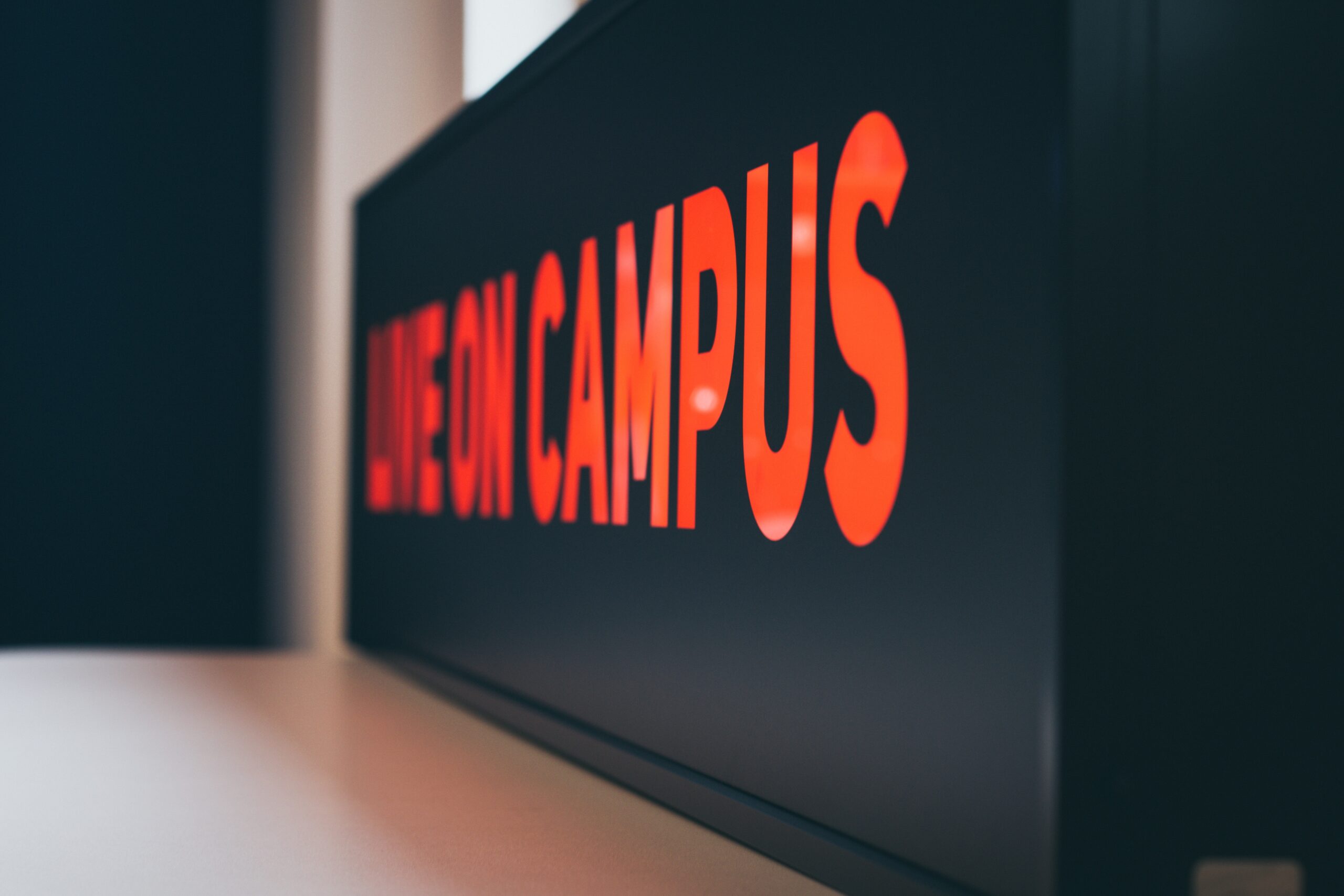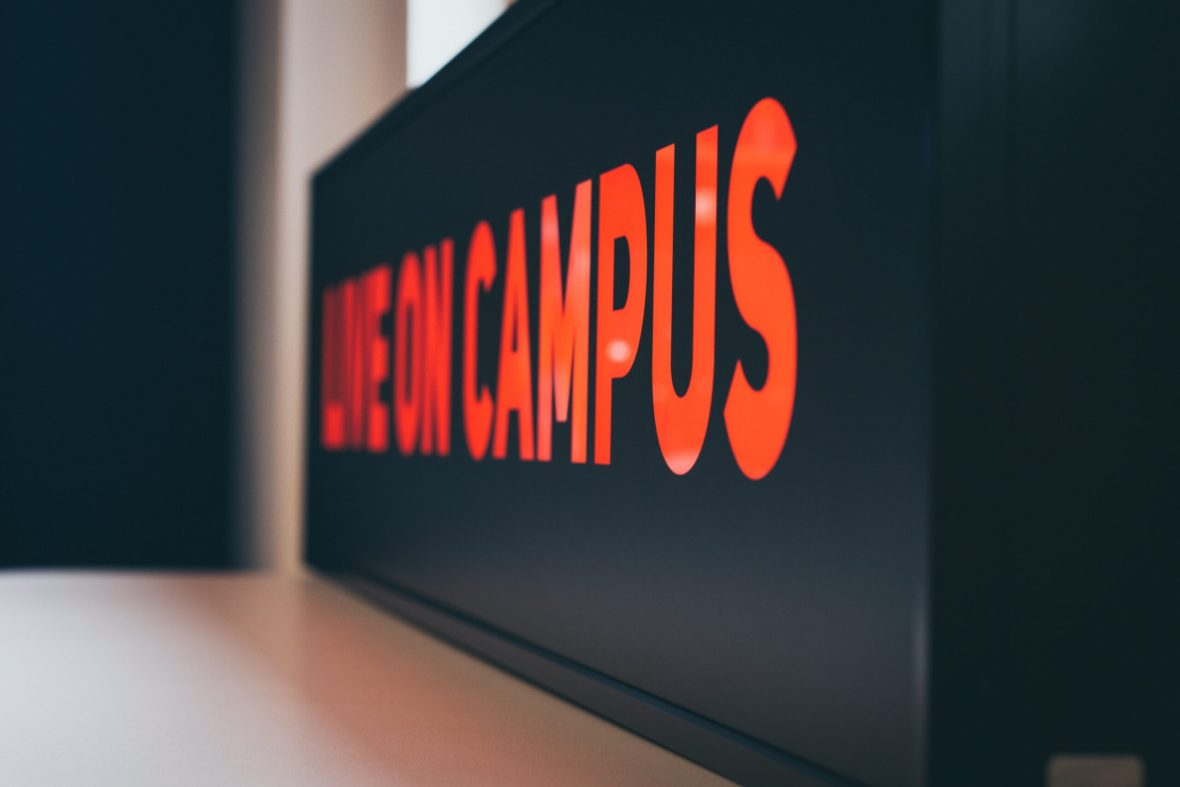State universities play a crucial role in the Nigerian universities for several reasons
Accessibility
State universities are cheaper than federal universities and private universities and this makes education costly to more people. This makes the cost of tertiary institutions to be more affordable to enhance the flagship of educating more Nigerian citizens.
Diversity of Programs
Nigerian universities have a vast program and courses that cater to the educational and training needs of the people in the locality. State universities offer a broad education in all fields of study including arts and humanities, science and technology, and other related fields.
Regional Development
Thus, by placing Nigerian Universities in different states the state governments assist with the development of their respective regions and ensure that students do not flock to the larger urban centres. Education decentralization creates employment and development opportunities in various parts of the country.
Community Engagement
State universities may have some connection with their neighbours; they conduct research for the improvement of the society and economy; they also provide service and collaborate with industries in their areas. Such an engagement helps to keep these universities on their toes to meet the needs of society.

Challenges Facing State Universities
Despite their importance, state universities in Nigeria face several challenges:
Funding
Most state universities finance all around and most of them are in a very bad shape that they cannot even afford to fix some of their dilapidating structures, pay their staff, or produce quality education.
This normally results in strikes and interferences with the academic calendar. There is still insufficient funding that is required for the universities to deliver their functions as part of meeting their clients, and students’ needs.
Quality Assurance
Guaranteeing the different standards of academics could be tough because of the difference in the number of resources and the management of schools among the states. Such a situation has a direct impact on the general quality of education and the employment prospects of graduates.
This is a significant problem that can be solved with the help of the setup of standardized quality assurance measures used for all state universities to guarantee high academic performance.
Infrastructure
Some of the state universities are poorly endowed and hence are characterized by outdated structures and poor equipment. This interferes with the learning process and restricts the universities’ research capacity in finding solutions to many new and emerging problems.
To raise the level of learning and develop the research activities, it is necessary to make appropriate investments in infrastructure and other related improvements.
Brain Drain
Recruitment and retention of good quality faculty members can pose a great challenge since most of them consider opportunities at federal universities as well as in other universities in other countries better endowed.
This situation affects the quality of education and research productivity in the country because highly qualified personnel are migrating to developed nations. To address this challenge, it is possible to establish rewards and offer professional development for the faculty members.
State universities in Nigeria and the future being imagined in their regard
Therefore the future of state universities in Nigeria can be said to be bright provided Nigeria and indeed all the states that own the universities act on or do something about the challenges that the university faces.
The Basic Education for Higher National Development (BEHND) initiative for example can enhance investment in education and facilitate improved management practices, particularly in state universities to supply higher quality education and become more receptive to partnership with other private and international institutions to create stronger impact toward the nation’s development.
Increased Investment
The state governments must take financial responsibility in their universities to bring in the resources that can offer quality education to the learners. This entails such areas as infrastructure development, faculty development, and research and innovations. Competitive state funding for state universities shall help the institutions to better compete with federal and other private establishments for talent.
Partnerships
Another beneficial strategy is the establishment of links with private businesses and overseas organizations to get more funds. These partnerships can also create opportunities for students/faculty, such as minimizing classes and exchange programs. Industry partnerships can be used to ensure that the programs offered in universities meet the demands of the market with increased chances of employment.
Innovative Teaching Methods
Educating the students with modern teaching techniques and equipment, will improve the delivery of lessons and prepare the students for the job market. These are elements such as user interfaces which include online learning platforms and interactive teaching tools. The enhancement of the utilization of technology in the curriculum also enhances the promotion of lifelong learning and skill acquisition.
Community Involvement
There is the opportunity to foster university-community interaction where the two will benefit from each other apart from the fact that the interaction will increase. This could involve service-learning activities such as group projects, internships, and service-learning outreach activities. Community engagement can assist universities in dealing with the indicated challenges as well as contribute to the advancement of the regions.
Sustainable Development Goals (SDGs)
It is noted that state universities can contribute to the achievement of the activities set by the United Nations for Sustainable Development within the mentioned spheres, such as quality education, gender equality, or decent work and economic growth. Incorporation of the SDGs into teaching and research agendas can enable the state universities to play a developmental role in executing the goals.
Section 1
The state University in Nigeria consists of 59 state universities which play an important role within the country. This can be said to be of paramount importance, especially in the provision of affordable quality education that is diverse depending on the regions for millions of people in Nigeria.
These institutions are deemed to push Nigeria to the next level if well-managed with more educated and skilled people. Therefore, for the state universities funding, quality standards, and infrastructure problems to be solved the universities remain the main plinth of growth and development in Nigeria.
Section 2
State universities will therefore continue to play significant roles in addressing society’s demand for knowledge and innovations. I would like to stress its importance in the formation of Nigeria’s future, as, possessing the necessary education and skills, they contribute significantly to the socio-economic development of Nigerian society.
With the development of the Nigerian country in different aspects and complexity, the role of state universities in the formation of a better future for every Nigerian online will be more significant.
Section 3
These universities are not unique and exceptionally different in Nigeria but each one above depicts the current education system in Nigeria in terms of different missions, affiliations, and niches of courses offered.
All the institutions have a specific role in serving the nation’s higher education sector and the ultimate goal is to facilitate the production of graduates capable of tackling the challenges of the world today.
Benefits of Private Universities
Private universities in Nigeria offer several advantages that make them attractive to students and parents:
Quality Education
Most private universities have better features with updated methodologies, standard laboratories, as well as skilled faculty members.
Smaller Class Sizes
The class sizes are smaller compared to the public regions and hence private universities offer individual attention to students.
State-of-the-Art Facilities
The foregoing learning institutions probably put their resource into modern technology resources such as libraries, research facilities, and other amenities.
Diverse Programs
Private universities have all types of academic programs and courses the most specialized to meet the growing demand for skilled human personnel in the workplace.
Challenges Facing Private Universities
Despite their growth and contributions, private universities in Nigeria face several challenges:
High Tuition Fees
Education costs more in private universities compared to public universities thus it is not affordable to most of the population in Nigeria.
Regulatory Issues
Unlike public universities which have various challenges and that is the reason the government provides them with some level of subsidy. Some private universities face the challenges of implementing these measures because they need to heed NUC regulations and maintain their accreditation status.
Competition
In the recent past, more private universities have been established and thus most of these universities are facing competition in the admission of students and other commodities.
The Growth of Private Universities in Nigeria
Although the idea of private universities in Nigeria started some years back, the actual development started in the late 1990s. This surge was, to a greater extent, an ad hoc reaction to the declining abilities of public universities to expand their capacities to enrol even more students aspiring to get a higher education.
Also, the demand for additional academic programs, qualified instructors, enhanced infrastructures, and a small ratio of students per teacher helped the creation of private colleges. You can read related posts on our education page of the site.










